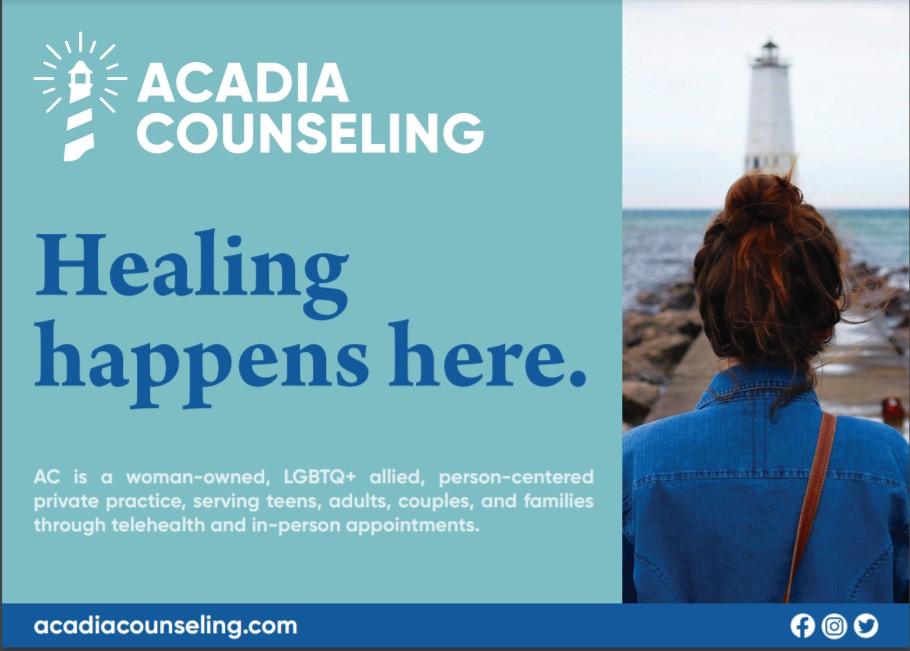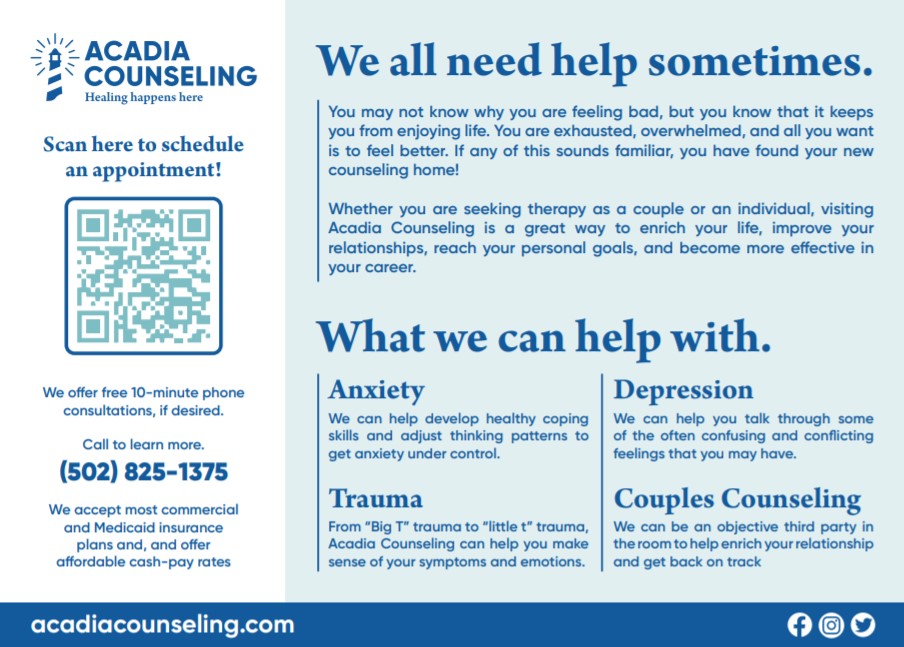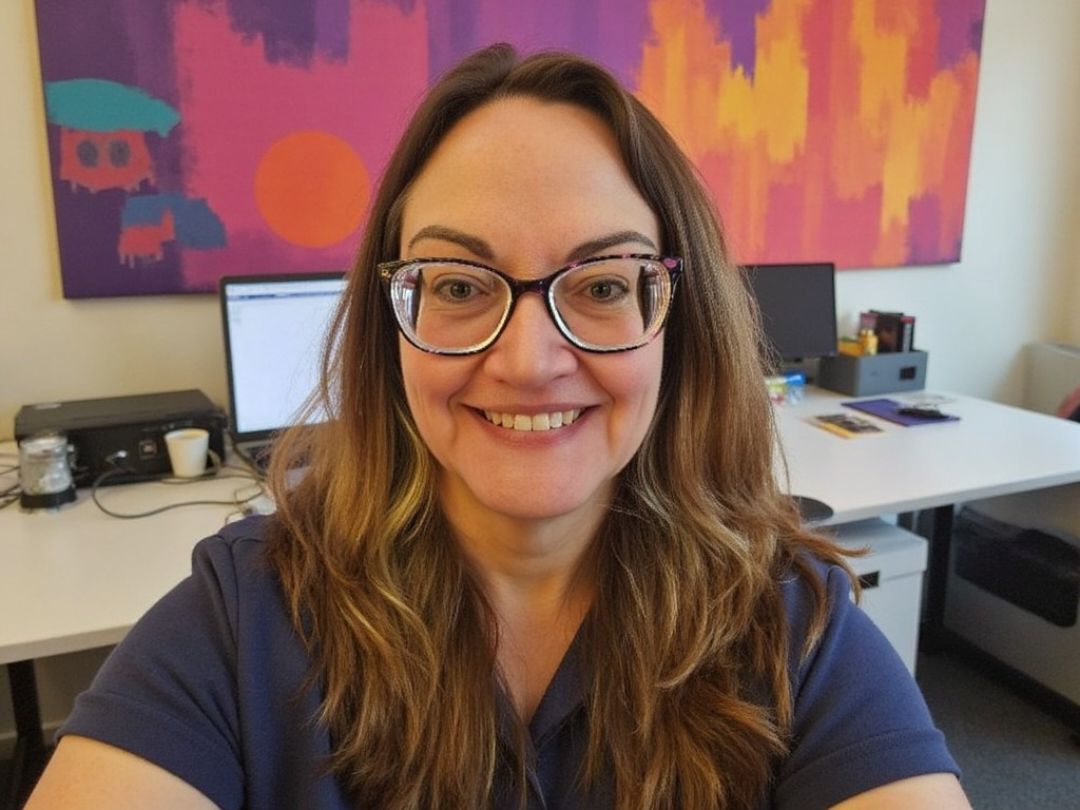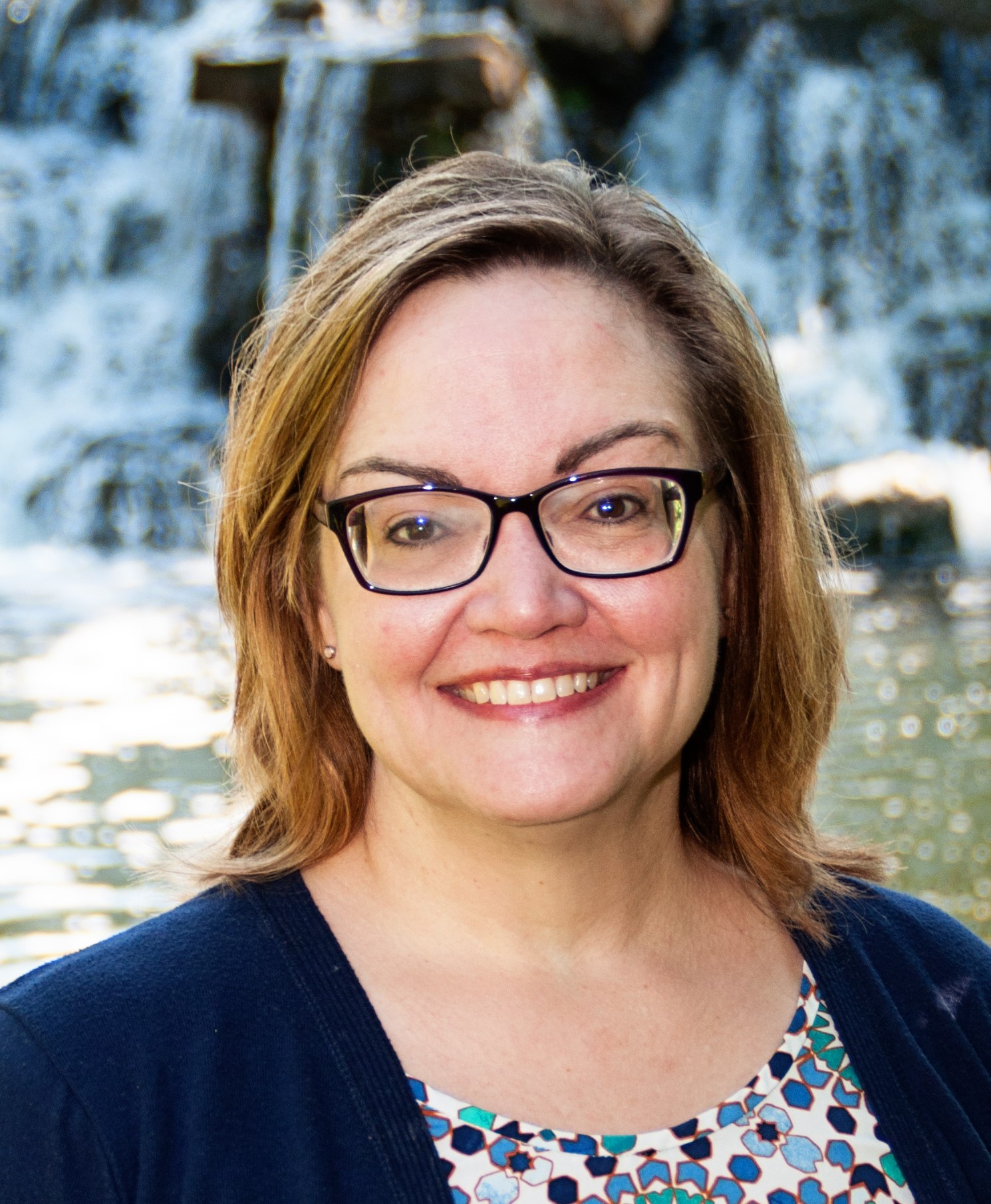Alright – so today we’ve got the honor of introducing you to Denise Hutchins. We think you’ll enjoy our conversation, we’ve shared it below.
Denise, looking forward to hearing all of your stories today. If you had a defining moment that you feel really changed the trajectory of your career, we’d love to hear the story and details.
As a last-semester senior Psychology major at the University of Maine, I knew I had two options: Get a lower-paying job with my BA degree or go to graduate school. I decided graduate school was worth the cost, so I applied. And when I got wait-listed at the University of Kentucky for their Master’s in Counseling program, I knew I had to get my “Plan B” in place. I took a job doing community education position at an AIDS help center that also offered case management and a crisis number. I was hoping it would be a short-term solution and my spot would open up soon.
We had a rotating call schedule for the crisis line; one afternoon during one of my stints, “the phone” rang. I picked up and found on the other end a young man who suggested he was suicidal over a recent positive HIV test. While providing supportive messaging, my boss quickly hovered over my shoulder, instructing me to “refer out and hang up.” I could tell that kind of approach was not going to be sufficient for this young man – he needed a human being to be human with him. So I stalled my boss the best I could and spent close to fifteen minutes on the phone, providing a caring, kind ear and empathy for his circumstances.
While my boss was not happy with the duration of the call, I realized that the condom-filled office I occupied was not the place I needed to be. During business hours the next day, I placed a call to the UK Counseling Department and finally got the “Yes” I’d been waiting for! That young man taught me what it means to just “be” with someone in crisis. I didn’t have to have all the answers, just like he didn’t want to go to the Emergency room. He just needed someone to “be” with him.
One graduation and twenty-five years later, I get to “be” with people as a career. And there is nowhere else I’d rather be.

Awesome – so before we get into the rest of our questions, can you briefly introduce yourself to our readers.
I started on this path purely by accident – I was supposed to be an attorney. Or at least that’s what I thought until I registered for my first psychology course in college. The professor of that course, who turned out to be a mentor, made psychology interesting, practical, and fun. For the first time, I was learning things that meant something to me, not just learning for learning’s sake.
I have dabbled in a bit of everything over my 25-year career. From community mental health to foster care to women’s substance abuse to adolescent residential care, I can admit I’ve never had a plan for where my career would go. I was open to opportunities to try new things out and, much to my surprise, I got good at most things put in front of me. My watershed moment, though, was working for someone else’s private practice and realizing, “I could do this on my own.”
That’s when I decided to create my own private practice, based on what didn’t work for me as a growing counselor in the world. The work of a counselor is stressful enough, but when that is added to administrative pressure for “productivity” and never feeling as though I were off the clock, burnout became real. I work hard every day to make sure that the clinicians who work with me in my private practice are supported and encouraged.
I like to call my practice, now with two locations in Kentucky, “the island of misfit toys.” Each of us has something unique about us that makes it hard for us to fit the usual employment mold. Whether a physical condition or a bit of neurodivergence, we are all a bit quirky in our own way. What unites us is our passion for helping others with their own issues in a real, honest, genuine way that causes each patient to feel valued.

Can you talk to us about how your funded your firm or practice?
Fortunately, my practice did not require a great deal of “seed money” to get started. I borrowed exactly $500 from my savings account to pay for business cards, a website, and filing fees with the Secretary of State. While I was able to pay that back pretty quickly, I have found myself in tight financial circumstances from time to time and have been lucky enough to apply for a few loans to get the business by in those lean times. What I’ve learned is to keep at least two months’ of payroll on hand at any time. That allows me to sleep better at night.

Any advice for growing your clientele? What’s been most effective for you?
The best advice I can offer about growing a reliable referral stream is to have multiple avenues to be seen. Don’t rely on just a Psychology Today profile to bring people to your practice. Be sure you diversify your referral sources and keep those referral sources happy. Send along marketing swag when you can, keep them updated on new staff or changing referral procedures, and make a face-to-face appearance when possible.
Contact Info:
- Website: https://www.acadiacounseling.com
- Instagram: acadiacounseling_louky and acadiacounseling_murray
- Facebook: www.facebook.com/acadiacounselinglou and www.facebook.com/acadiacounselingmurray




